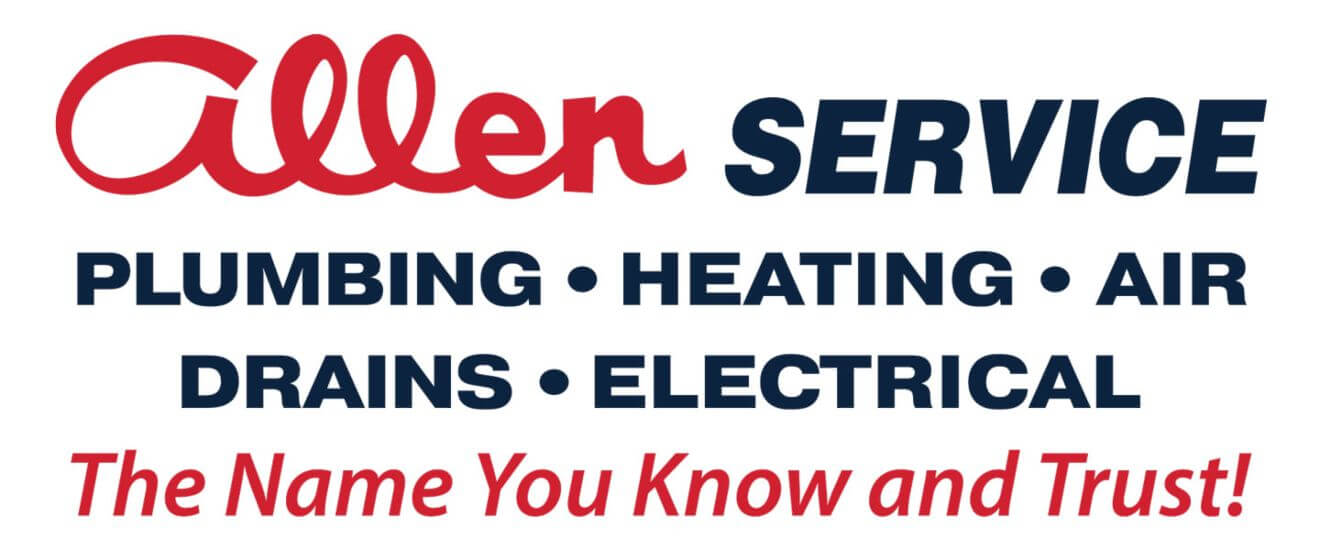Common HVAC Problems During Winter

If you live in Colorado, your HVAC system is absolutely crucial in the winter. You need to be prepared for any issues that may arise. Here’s an overview of some of the most common HVAC problems that occur during the winter months.
Pipes and Coils Can Freeze
Low temperatures can freeze the water in your HVAC’s coils, and inside the line that drains condensation, called the condensate drain line. When freezing water expands it can cause ruptures and leaks, which may require emergency service. If you think you may have frozen water in your HVAC system, call a professional as soon as you can.
Uneven Heating
Is your kid complaining about a cold bed while you roast in the living room? Are there thermostat wars going on in your house? There are a number of things that can cause discrepancies in temperature throughout your house. A room could be cold because windows aren’t sealed, air vents are obstructed or insulation is missing. If your HVAC blower is weak, some parts of your house won’t get warm air. Dirty air filters can also inhibit air flow. If you have trouble diagnosing the problem, call a professional.
Faulty Thermostat
The thermostat tells the HVAC what to do, based on your instructions, and its own temperature readings. If its temperature readings are incorrect, you won’t get the temperature range that you want. Some faulty thermostats need calibration or cleaning. Some older units may not be worth keeping, especially since newer thermostats have useful features such as advanced programming and remote access.
Dirty Air Filter
As mentioned above, a dirty air filter can inhibit HVAC air flow. It also makes the furnace work harder, and reduces its ability to keep your air clean. Refer to the instructions on your HVAC and/or the filters you buy to ensure you’re replacing them at the right intervals.
Pilot Light Issues
Older furnaces that run on gas or propane have a pilot light, much like a gas oven. Most units now have a device that called an ignitor that automatically lights the flame when needed. These furnaces don’t have pilot lights. Older models (prior to 1995) need the light on all the time and require a person to relight the pilot if it goes out. Most furnaces with pilot lights like this will have a metal card attached to the furnace outlying how to relight the pilot (similar to a standard water heater). In most instances, a furnace not firing is an indication of a safety that is tripped or a failed ignitor that needs to be replaced. Many companies stock these ignitors since they do wear out like a filament in light bulb.
If you’re having HVAC problems or want an HVAC maintenance check, call the top HVAC contractor team at Allen Service. We’ve been servicing Fort Collins, CO homes for over five decades. Owners and brothers, Mike and Jeff Allen are the third generation of the Allen family to run the business. They carry out the tradition of delivering excellent customer service and high-quality parts for all plumbing, heating, and air conditioning projects to your home. When you work with Allen Service, you are working with the best!


